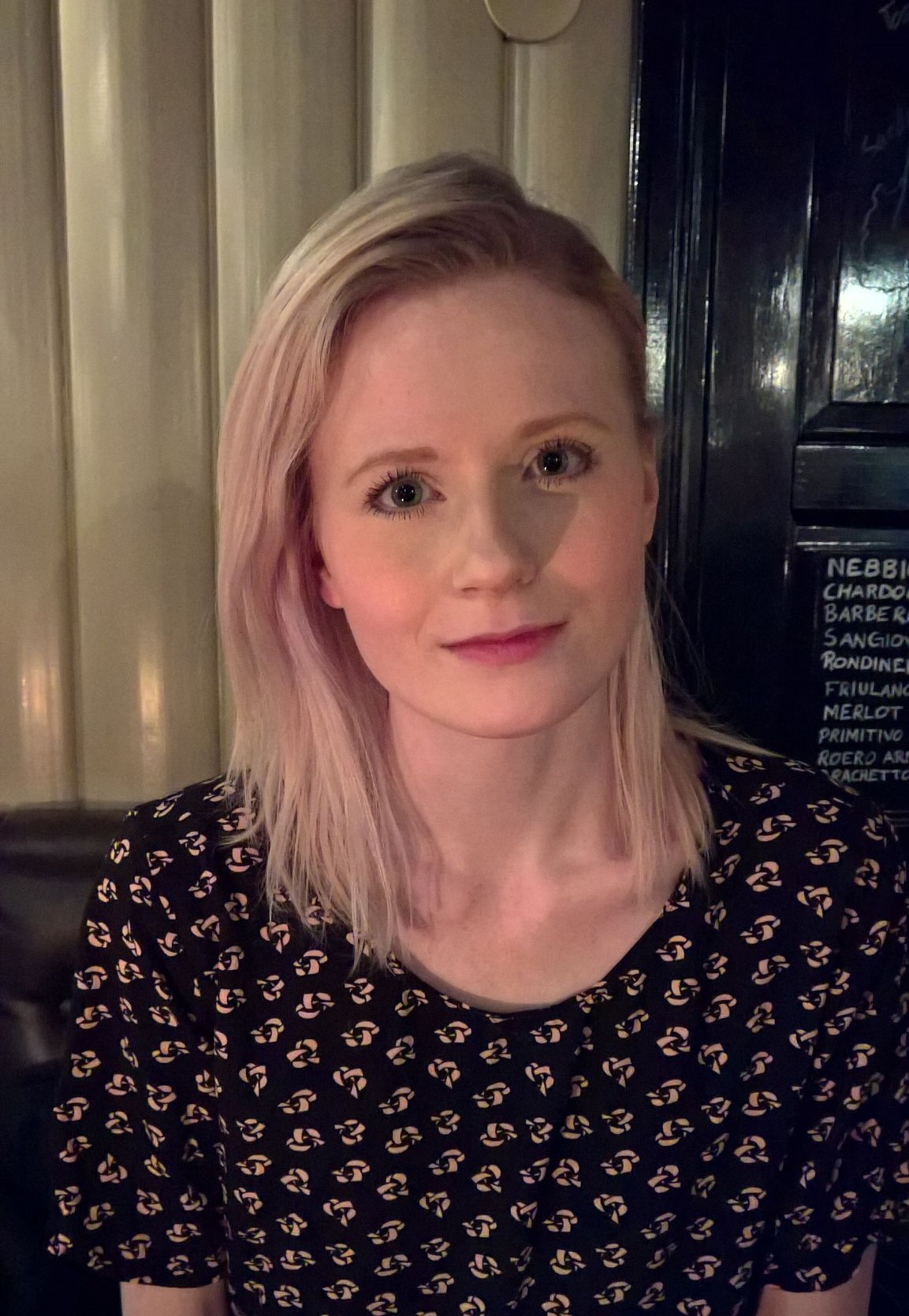If you are anxious and depressive, later you feel socially unimpressive (and not vice versa)
We might not need research to tell us that giving and receiving affection seems to be ingrained in our very essence. Our mood lifts when a stranger smiles at us; we feel warm when people care about us. It might not come as a surprise that connecting with others have several physical and mental health benefits. Ironically, psychologically distressed people tend to withdraw from and avoid social situations, be rated as less socially skilled compared to others, and have unsatisfactory social functioning. Which begets the question, what comes first? Is it peoples’ negative belief in their ability to successfully interact with others or is it symptoms of anxiety and depression?
Research is beginning to scratch the surface on the relationship between social self-beliefs and symptoms of anxiety and depression. Unfortunately, it remains unclear which of the two precede the other during adolescence. Our recent three year-long study in the Journal of Research on Adolescence investigated this chicken and egg conundrum.
So, what came first in our Norwegian sample (N = 1508) of 15 – 19-year-olds? Was it the chicken – relentlessly pecking away its personal belief of being a capable and successful social creature, resulting in the laying of an egg containing a psychologically distressed chicken? Or was it the egg – chock-full of sadness, worry, and helplessness who grew into a chicken with social self-beliefs on par with the scriptwriting quality of the final season of Game of Thrones?
Two major findings emerged from our study. First, we found that symptoms of anxiety and depression consistently influenced later social self-beliefs in adolescence. The longitudinal nature of the study allowed us to conclude it was not the other way around. In other words, young people who experienced unusually high levels of anxiety and depression were likely to believe that their social capabilities were poorer than usual following their mental health nose-dive, but not vice versa. Second, we found that adolescents with an unusual level (lower or higher compared to their own norm) of anxiety and depression at one time point, likely experienced the same anxiety and depression anomaly one year later. And the same was true for young people with unexpected levels of social self-beliefs.
If we continue with the chicken and egg analogy, our findings support that the egg precedes the chicken. Psychologically distressed eggs were likely to develop into chickens with both low social self-beliefs and high levels of anxiety and depression. The low social self-belief chickens, on the other hand, laid eggs who developed into chickens with low social self-beliefs but were otherwise mentally healthy (at least regarding symptoms of anxiety and depression).
Even though adolescents’ social self-beliefs did not impact how psychologically distressed they felt later, these beliefs could still be useful considering mental health processes. It is possible that a positive perception of one’s social capabilities function more properly as a buffer between negative and stressful life events and the development of anxiety and depression symptoms. In other words, a form of cushion to prevent Humpty Dumpty from cracking when he inevitably comes tumbling off the wall.
People with high anxiety and depression are prone to ruminate, self-evaluate negatively, have poor social skills, and self-criticise. This can be amplified throughout adolescence due to the rapid cognitive development and maturation during this period, resulting in social withdrawal and avoidance behaviour – and lower social self-beliefs. It is evident that we need more longitudinal research on the within-person mechanisms underlying the fluctuations of anxiety and depression during adolescence. If not for the pessimistic social self-belief chicken, which environmental, personal, or combination-of-the-two creature consistently lay the proverbial egg of adolescent psychological distress and how can we prevent it from laying the damn egg?
Author Bio:

Sara Madeleine Kristensen is a PhD candidate in Health Promotion and Health Psychology at the University of Bergen, Norway. She is a formerly angsty and depressive teen who is at the moment investigating why she is still angsty and depressive. Research interests are mainly processes related to academic and social self-efficacy in adolescence.

